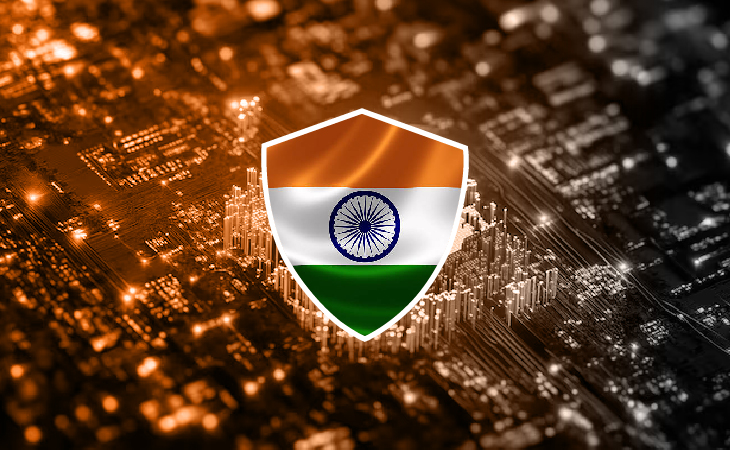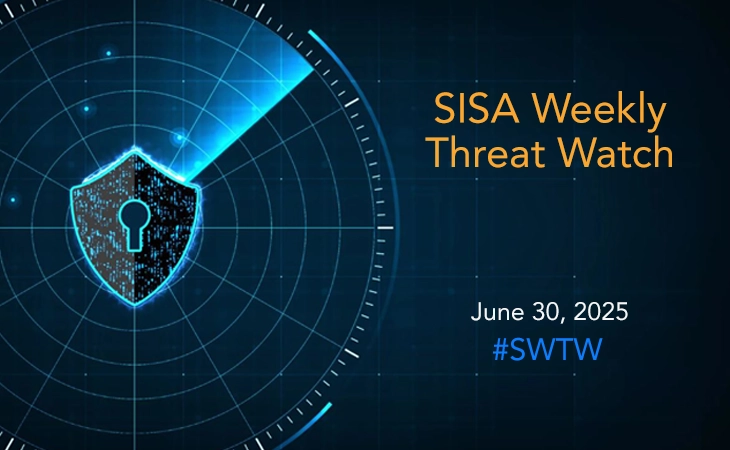What is DPDPA Compliance?
The Digital Personal Data Protection Act (DPDPA), 2025 in India establishes critical requirements for organizations processing personal data with a focus on consent and data security.
SISA provides specialized DPDPA compliance services, to help Indian businesses within the digital payments sector to navigate these regulations, mitigate risks, and build trust with customers.
Where SISA helps you comply with DPDPA
SISA simplifies the complexity of the Digital Personal Data Protection Act (DPDPA), 2025, by addressing the core compliance requirements that businesses must meet:
Data Principal Rights Compliance
Ensuring adherence to the rights of individuals whose data is processed, including access, correction, and erasure.
Consent Management and Consent Manager Integration
Implementing effective, auditable consent mechanisms as mandated by the Act, including support for Consent Managers.
Significant Data iduciary Obligations
Addressing enhanced responsibilities for organizations handling substantial volumes or categories of personal data.
Cross-Border Data Transfer Regulations
Navigating the complexities of transferring personal data outside India, in accordance with DPDPA guidelines.
Data Localization
Understanding and implementing storage requirements for data within India where applicable.
Grievance Redressal Systems
Establishing compliant and efficient complaint-handling procedures to meet DPDPA timelines.
Breach management
Preparing for, reporting to regulators, and responding to personal data breaches effectively.
Technical and Organizational Measures
Implementing appropriate safeguards to ensure privacy and data protection across all processing activities.
Data Erasure and Purpose Limitation
Enabling secure erasure of personal data after the intended purpose is fulfilled or upon withdrawal of consent, in line with prescribed conditions.
How SISA Simplifies DPDPA Compliance
Readiness
Assessments
Identify compliance gaps with thorough assessments and develop strategic remediation plans.
DPDPA Risk
Assessment Services
Identify, analyze, and mitigate potential risks associated with DPDPA non-compliance.
Ongoing DPDPA Compliance Monitoring
Ensure sustained compliance with continuous monitoring and support.
Consent Management Implementation
Deploy and manage robust consent management platforms for valid and informed consent.
Data Mapping and Classification for DPDPA
Conduct detailed data mapping and classification to manage personal data assets effectively.
DPDPA Training and Debriefing Sessions
Provide customized training and debriefing sessions to ensure your team understands and adheres to DPDPA requirements.
Significant Data Fiduciary DPDPA Support
Provide specialized services to address the enhanced obligations of Significant Data Fiduciaries.
DPDPA Incident Response Planning
Develop and implement incident response plans for data breaches, aligning with DPDPA regulations.
DPDPA Grievance Redressal System Setup
Assist in establishing compliant and efficient grievance redressal systems.
Policy and Procedure Development
Create and implement DPDPA-compliant privacy policies, procedures, and documentation.
DPDPA Data Localization Consulting
Provide expert guidance on data localization requirements.
DPDPA Cross-border Data Transfer Compliance Consulting
Offer expert advice to ensure compliance with cross-border data transfer regulations.
DPDPA Data Protection Impact Assessments (DPIAs)
Evaluate and mitigate risks associated with data processing activities through comprehensive DPIAs.
Why Choose SISA for DPDPA Compliance?

-
DPDPA Expertise: Deep understanding of the Digital Personal Data Protection Act and its practical implications for Indian businesses.
01
-
Proven DDIS Methodology: Leverage our proven Discover | Design | Implement | Sustain (DDIS) framework for comprehensive compliance.
02
-
Industry Specialization: Benefit from our specialized experience in the digital payments and BFSI sectors within India.
03
-
Tailored DPDPA Solutions: Receive customized services designed to meet your organization's specific DPDPA compliance needs.
04
-
Forensic-Driven Approach: Rely on our strong emphasis on data security and incident response, ensuring robust DPDPA compliance.
05
FAQ's
What is India's Digital Personal Data Protection (DPDP) Act?
The DPDP Act is India's comprehensive data protection law governing the processing, storage, and transfer of digital personal data of Indian residents. It requires organizations to implement data privacy measures, obtain consent, ensure data security, and provide individuals with rights over their data.
Who needs to comply with the DPDP Act?
The DPDP Act applies to any organization (Data Fiduciary), whether based in India or internationally, that processes the personal data of individuals residing in India. While all entities processing personal data are subject to the Act, the government may exempt certain small businesses based on specific criteria.
What rights do individuals (Data Principals) have under the DPDP Act?
Under the DPDP Act, individuals have several key rights, including the right to access, correct, and update their personal data, the right to request the erasure of their data, the right to grievance redressal, and the right to withdraw their consent for data processing. They can also nominate someone to exercise these rights on their behalf.
What are the key obligations for organizations (Data Fiduciaries) under the DPDP Act?
Organizations must obtain informed consent before processing personal data (providing notices in multiple Indian languages), implement robust security measures to prevent data breaches, ensure lawful cross-border data transfers (to notified countries), and provide mechanisms for individuals to exercise their rights. Significant Data Fiduciaries (SDFs) have additional obligations like appointing a Data Protection Officer (DPO) in India and conducting regular data audits and Data Protection Impact Assessments (DPIAs).
How does the DPDP Act address data breaches and what are the penalties for non-compliance?
Organizations must report all types of personal data breaches to the Data Protection Board of India and affected individuals within 72 hours of becoming aware of the breach and implement measures to mitigate harm. Non-compliance with the DPDP Act can result in significant financial penalties, potentially reaching up to INR 250 crore depending on the severity of the violation.
What is the role of Consent Managers and Data Protection Officers (DPOs) under the DPDP Act?
A Consent Manager is a registered entity that allows individuals to manage their consent for data processing across multiple organizations. Significant Data Fiduciaries are required to appoint a Data Protection Officer (DPO) based in India to ensure compliance with the Act, handle grievances, and act as a point of contact for the Data Protection Board.
How can businesses prepare for compliance with the DPDP Act?
Businesses should begin preparing for the DPDP Act by assessing their current data processing practices, identifying compliance gaps, updating privacy policies and procedures, implementing consent management systems, establishing data breach response plans, training employees on data privacy, and potentially conducting a Data Protection Impact Assessment (DPIA). Organizations like SISA offer support with DPDP compliance through assessments, data governance services, and consulting.
 USA
USA India
India APAC
APAC Middle East
Middle East Global
Global


 Facebook
Facebook Linkedin
Linkedin  X
X Youtube
Youtube






